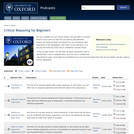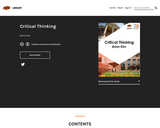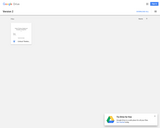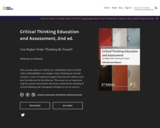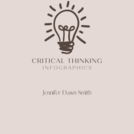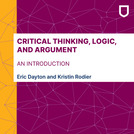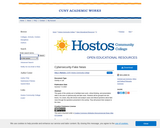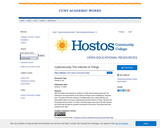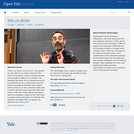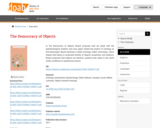Can Higher Order Thinking Be Tested?
Short Description:
This second edition of CRITICAL THINKING EDUCATION AND ASSESSMENT: Can Higher Order Thinking be Tested? contains a series of important papers from the first edition and a new Introduction by Jan Sobocan. The essays are an important read for anyone interested in the issues raised by the teaching of critical thinking and consequent attempts to test its success.
Long Description:
This second edition of CRITICAL THINKING EDUCATION AND ASSESSMENT: Can Higher Order Thinking be Tested? contains a series of important papers from the first edition and a new Introduction by Jan Sobocan. The essays are an important read for anyone interested in the issues raised by the teaching of critical thinking and consequent attempts to test its success. They discuss attempts to use testing to ensure educational accountability, the politics of testing regimes, and the shortcomings and the strengths of standard tests used to teach and assess students, courses, programs, and the tests themselves. The ebook can serve as a useful introduction to the questions that this raises, at the same time that it provides answers to these questions from the perspective of many different trends within contemporary argumentation theory.
This anthology’s contributors include many leading figures in the fields of informal logic, critical thinking, testing, argumentation theory, and educational theory: Carol Ann Giancarlo, Leo Groarke, Ralph H. Johnson, Robert H. Ennis, William Hare, Jan Sobocan, Roland Case, Gerald Nosich, Donald L. Hatcher, Frans H. van Eemeren, Bart Garssen, J. Anthony Blair, Linda Kaser, and Sharon Murphy.
Word Count: 90589
ISBN: 978-0-920233-97-9
(Note: This resource's metadata has been created automatically by reformatting and/or combining the information that the author initially provided as part of a bulk import process.)
